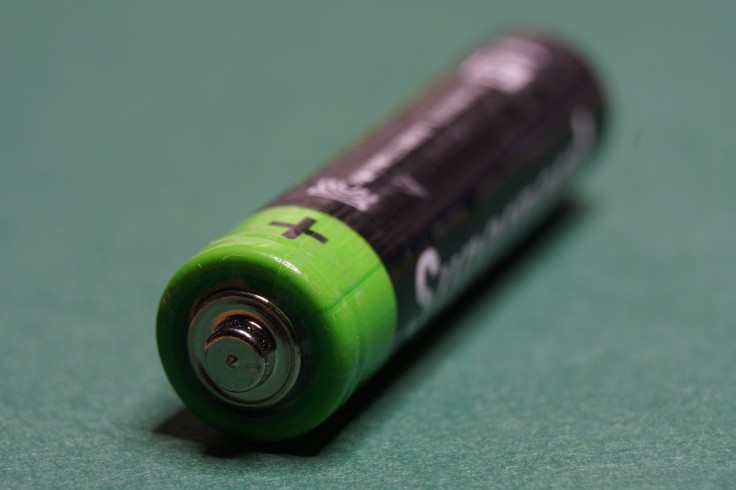
Lithium batteries have taken over the world. Tesla bet a lot on them and recently this tech giant has built a few massive factories, called Gigafactories that are working only on sustainable energy sources such as lithium batteries, solar panels and electric vehicles.
But even then the question arises as to whether any alternatives are better and cheaper than lithium-ion batteries, which will be a new source of energy in the future.
Technology Related To Lithium-Ion Batteries And Discoveries That Will Make A Huge Difference
Hydrogen fuel cells contain energy based on water that is converted to hydrogen. Many research facilities are working on hydrogen fuel cells but unfortunately, their research has failed to convert water into hydrogen with genetically modified algae. If one can solve the hydrogen puzzle it could easily be more popular than a lithium-ion battery.
Solar panels - Since they were invented, their performance wasn't improved as much as it could have. Scientists are getting serious work done to make a solar panel that will replace older technology used for gathering solar power. The use of nanotechnology will improve solar panel efficiency and the technology will be much better. This means that it won't be necessary to use as many solar panels to gather the same amount of energy as it does today. Scientists claim they could even use solar panels directly on cars which will recharge the batteries without having to plug in the car to an electric outlet of a fast charger. In addition to the fact that the car will always have energy, they also claim that it will be even faster, more efficient with much more power.
Powered roads are actually a solar road that powers city lights and other peripherals. We already have such a road in the Netherlands, which is a bicycle path. To create the most efficient power supply, we could use solar, wind and hydroelectric energy, depending on the terrain, which is much better in theory, but there are all kinds of problems. One of the main issues is that it would be a major investment in infrastructure. Until entire continents have these powered roads, we'll still need to rely on traditional ways to charge our electric vehicles and peripherals.
What Are The Alternatives To Lithium-Ion Batteries?
When we think about the batteries we use, we always want them to last longer, but first, we want it to be more affordable and environmentally friendly. There is a new lithium-sulfur battery that like any new technology comes with problems. The main problem with this type of battery is the poor conductivity of sulfur and the instability of the chemical. Although it is already known that sulfur can become unstable, jeopardizing battery performance, there is another problem with this battery and that is electrode failure. It may sound like too many problems right now, but a way to solve them has been suggested. When this problem is solved, the battery will last at least five times longer, which will make many companies and, of course, users very happy.
A cheaper option for a SAMSUNG 25R lithium-ion battery is a rechargeable zinc-air battery developed by NantEnergy. The company's director said this could create entirely new economies using the pure power of the sun, wind and air. Battery units along with solar arrays can be combined to create a microgrid system that would power an entire village or a larger area. These batteries are distributed in 110 villages in as many as nine countries in Asia and Africa. Of course, these countries include places where they otherwise relied on generators or didn't have electricity at all.









